Greetings, Scholars
NAAAHP does not have any race or ethnicity criteria for student membership. Since our founding, we have welcomed honor students from all accredited institutions, and the conference is open to any undergraduate student who meets the eligibility requirements, regardless of race or ethnicity.
While many of our participating students are from HBCUs, the conference is inclusive of all students from accredited programs who are interested in honors opportunities and academic enrichment.
We look forward to your participation and the opportunity to connect with your students at the conference.
Welcome to the Conference
Dr. Angelia Brooks
President, NAAAHP 2025
Discover, Connect, Excel:
Opportunities at NAAAHP
2025 Graduate Programs and Vendors
-
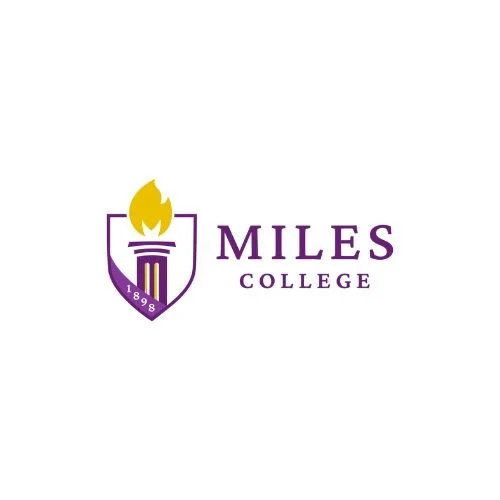
Miles College - Host Institution 2025
Master of Science in Management (MSM) Degree Program
The Master of Science in Management program is designed to equip students with advanced knowledge
in management theories, practices, and research methodologies. The MSM program will be offered in an
online format (synchronous and asynchronous online classes). It adapts to meet new emerging changes in
the following ways:
Rigor:teaching both contextual knowledge and reasoning skills to help students think creatively, write
coherently, and analyze quantitative and qualitative data.
Relevance: integrating liberal arts and practical training by offering courses relevant to what is happening
in the “real world” and changing our instruction to meet these changes.
Responsiveness:integrating liberal arts and practical training by offering courses that adapt in real-time to changes in the industry.
Mission
Miles College Master of Science in Management (MSM) is committed to preparing graduates from any
discipline with skills to be leaders who will impact the business and professional world. Faculty and staff
provide a supportive and flexible learning environment that transforms students through rigorous study and scholarly inquiry, enabling students for entrepreneurship and careers in public and corporate sectors to become responsible citizens who help shape the global business community.
Admission Requirements
Miles College’s admissions requirements are consistent with its mission: “Miles College is a senior, private, liberal arts Historically Black College with roots in the Christian Methodist Episcopal Church.
Through dedicated faculty and staff, the College cultivates students to seek knowledge that leads to intellectual and civic empowerment. Students are transformed through rigorous study, scholarly inquiry, and spiritual awareness, thereby enabling graduates to become responsible citizens who help shape the global society”. In keeping with its mission, the College will admit students interested in its mission for the new program and meet our proposed graduate students’ admission requirements.
-

NAAAHP: Join Us for the Graduate Fair
Join us on November 8, 2025, at the BJCC-East Exhibit Hall in Birmingham, Alabama, from 8:00 a.m. to 11:00 a.m. for this special event.
-

Auburn University
Our Mission: Promote excellence in graduate and professional programs, and positively impact the lives of the people of Alabama, the nation, and the world.
Information for Applicants and Prospective Students
Transform your future with one of our 200 graduate degree programs 400+ program options from which to select. Browse through the content below to find information and resources for applicants considering graduate studies at Auburn University.
-

East Tennessee State University
Welcome to ETSU Graduate School. For over 70 years, East Tennessee State University has been a leader in graduate education in the state and region. What began with one Master of Arts degree in education has grown into master’s and doctoral degrees and certificates in over 60 majors and concentrations in more than 200 different program choices across 11 schools and colleges.
Graduate education changes lives. Graduate-prepared professionals change their workplaces and communities. Our faculty are committed to helping students achieve their full potential whether in face-to-face or online programs.
I am a proud alumna of East Tennessee State University, earning my Master’s degree in English before going on to a top doctoral program in my field. Whether you are a prospective or current student, alumni, or community member, welcome to this website.
Sharon James McGee, Ph.D.
Vice Provost & Dean of the Graduate School -

George Washington University
George Washington University Elliott School of International Affairs
The Elliott School of International Affairs
Building Leaders for the World
The Elliott School of International Affairs prepares nearly 3,000 students each year for meaningful careers in international affairs. Our position in the heart of Washington, D.C. enriches our teaching and research by giving our students and faculty unparalleled.
-
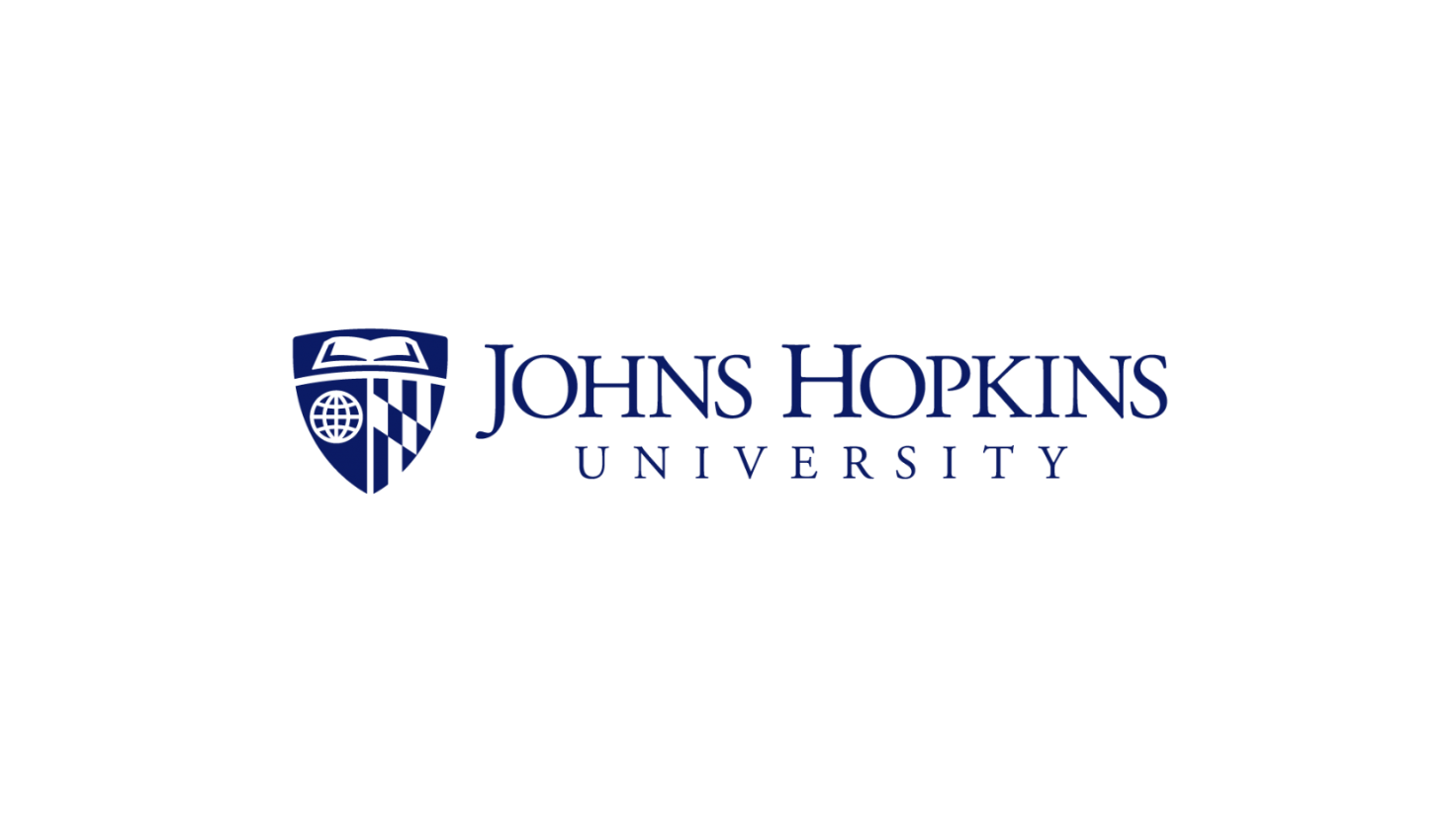
Johns Hopkins University
JHU KSAS Office of Diversity and Inclusion
Johns Hopkins is a community committed to diversity and inclusion to achieve and grow excellence. We firmly believe that we can best promote excellence by recruiting and retaining a diverse group of students, faculty, and staff. We also believe in creating a climate of respect that supports their success.
This climate is critical to achieve the best research, scholarship, teaching, health care, and other strategic goals of our University. These values are recognized and supported by Johns Hopkins leadership at all levels. Further, we recognize that the responsibility for excellence, diversity, and inclusion lies with all of us. That means leadership, administration, faculty, staff, and students.
-

Langston University
Entrepreneurial Studies (Master of Science)
The Master of Entrepreneurial Studies degree program is centered around the philosophy that entrepreneurs serve best when they have, in addition to cognitive skills, a genuine commitment to strong standards of professional responsibility. To enhance this position, there will be two options offered: a fast-track completion path and a standard completion path.
The fast-track path is for Business Majors and will consist of a 33-hour curriculum. The second track is the standard 48-hour curriculum. Students in both tracks will learn how to ethically and efficiently own and operate their own businesses in a competitive, professional landscape.
-
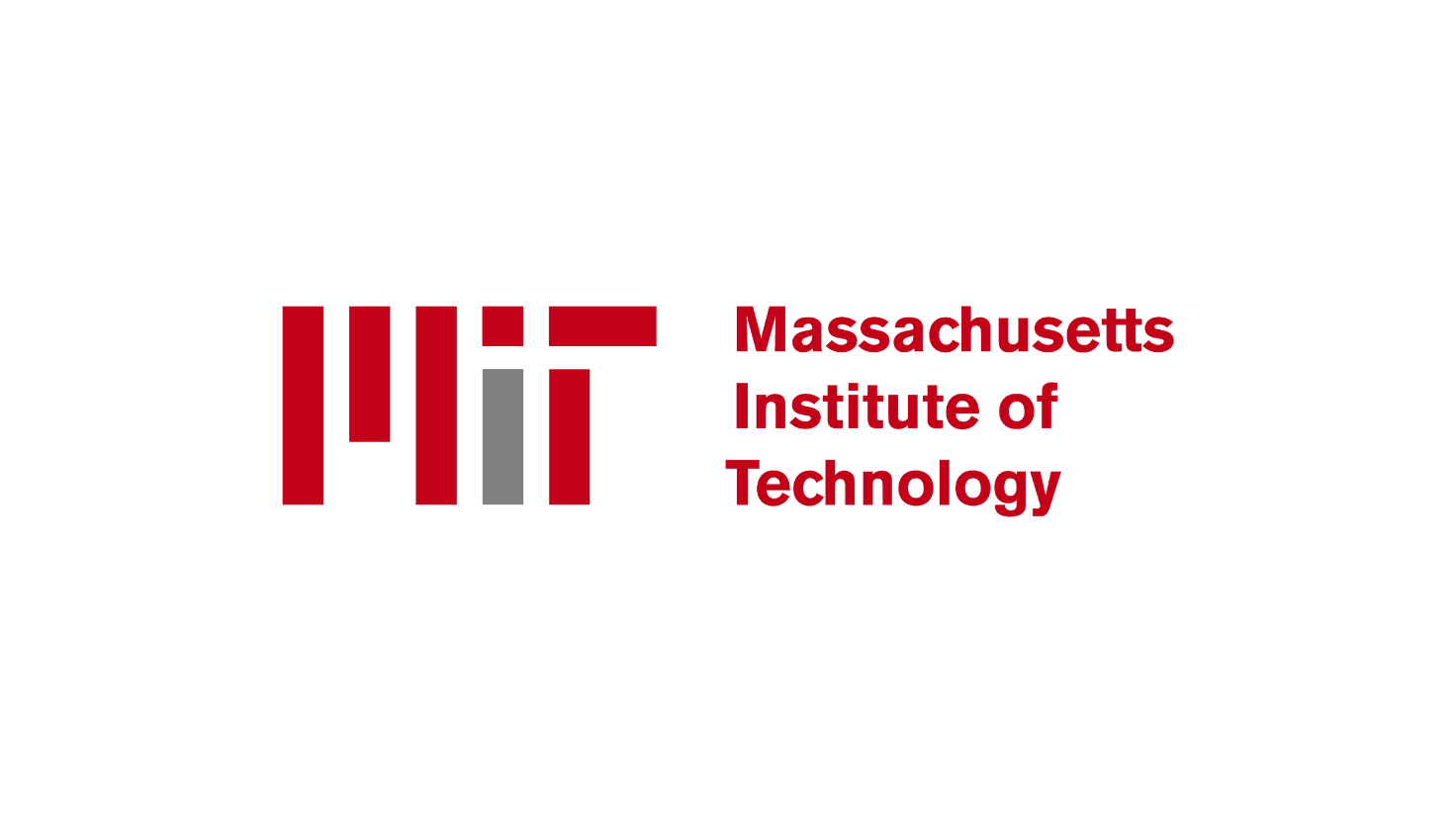
Massachusetts Institute of Technology (MIT)
Together, we foster academic excellence and quality of life for MIT’s community of graduate students.
The Office of Graduate Education (OGE) provides a number of services to current and prospective graduate students as well as departments, including student support and development; diversity- and community-building; advice on fellowships and financial wellbeing; oversight of policies and procedures; and support for graduate admissions and the Graduate Student Council. For more information on the history of graduate support at the Institute, visit the MIT Libraries website.
Across our work, we foster academic excellence and quality of life for MIT’s community of graduate students. Departmental graduate administrators are key partners and an important resource for students and staff. The Office is led by the Senior Associate Dean and Director and reports to the MIT Vice Chancellor for Graduate and Undergraduate Education. Read annual Reports to the President describing the work of the Division of Graduate and Undergraduate Education and all reporting offices.
Strategic plan
We are delighted to share the OGE Strategic Plan for 2024-2029. Download the PDF. Our strategic goals are grouped around five key themes, all of which broadly aim to foster a graduate environment where students not only achieve but truly thrive — academically, socially, and personally.
Our mission
We are the anchor point in MIT’s graduate landscape throughout the entire student journey:
facilitating equitable access and success for prospective and current graduate students,
enhancing academic and personal lives,
offering support and advocacy for students to thrive,
fostering a diverse community that supports a sense of belonging for all graduate students and their families, and
collaborating to achieve these goals with departments and partners.
Our vision
We endeavor to create a community of graduate scholars, and the individuals who support and are supported by them. In this intentionally-connected community, members will be intellectually engaged and valued on a personal level as they forge a better future.
Who does the OGE serve?
Our community includes graduate students; their spouses/partners and children; collaborative departments, labs, centers, and institutes on campus; and those we serve off-campus, including prospective students; partner institutions; graduate student alumni; and alumni of the MIT Summer Research Program.
Our values
Student-centered
At its root, everything we do is about the MIT graduate students, nurturing their growth and championing advancements in graduate life, policy, and support. As an OVC office, “We support the teaching, learning, academic success, personal growth, and well-being of the whole student and all students.” (OVC)
Collaborative
We strive to be clear, open, timely, and approachable in every facet of our work.
Compassionate
We act with kindness in our support of students, faculty, and staff, aiming to foster a caring culture.
Inclusive
We value each person as an individual, recognizing their worth and dignity; we want to make sure everyone can bring their authentic selves to the table and have equitable access to our services.
Reliable
In our work and our relationships with community members, we act thoughtfully and intentionally to be most effective.
Resourceful
We find creative solutions to the challenges that face us, embracing persistence when needed.
Curious
We want to learn more: about people, so we can build bridges and understand one another’s perspectives, and about processes and information, so we can be ever more effective.
The Vice Chancellor
The Vice Chancellor for Graduate and Undergraduate Education provides a senior voice on behalf of graduate student issues and concerns and to work with the Graduate Student Council to articulate relevant matters to senior administration. The Vice Chancellor for Graduate and Undergraduate Education serves on the Committee on Graduate Programs, which has oversight of graduate student progress and of the rules and regulations governing graduate education at MIT; and identifies strategic issues affecting graduate education at MIT.
The Institute
The Institute has a single faculty that is responsible for graduate and undergraduate instruction. The administration of graduate education at MIT rests with the President and the Provost, the Chancellor, the Vice Chancellor for Graduate and Undergraduate Education, the Senior Associate Dean for Graduate Education, and the Committee on Graduate Programs.
-
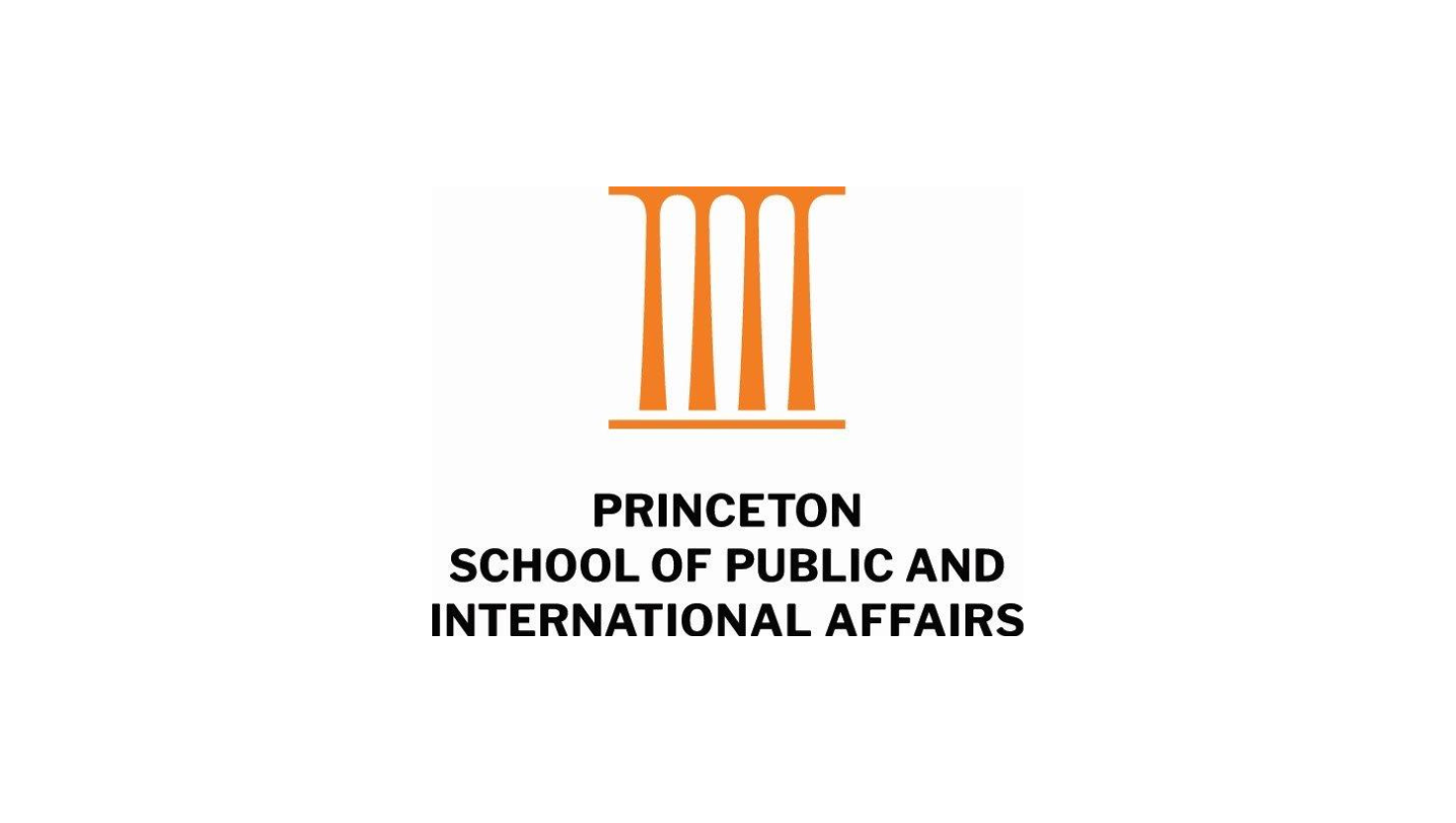
Princeton University
Princeton School of Public and International Affairs Graduate Programs
Other schools ask you to invest in your education. At Princeton SPIA we invest in you with fully funded MPA, MPP and PhD programs. All students receive 100% of tuition and required fees support, and a generous living stipend for the duration of study.
We look for students who are committed to public service and have a strong academic background. We also look for evidence of leadership and impact, and a diversity of perspectives.
The Princeton School of Public and International Affairs is a tight-knit and supportive community bound together by a commitment to serving the public good. Are you committed to dialogue and public service?
Join us.
-

Samford University
Samford University Graduate Programs
Samford offers graduate and professional degrees in arts, sciences, business, divinity, education, health professions, law, nursing, pharmacy, and public health.
-
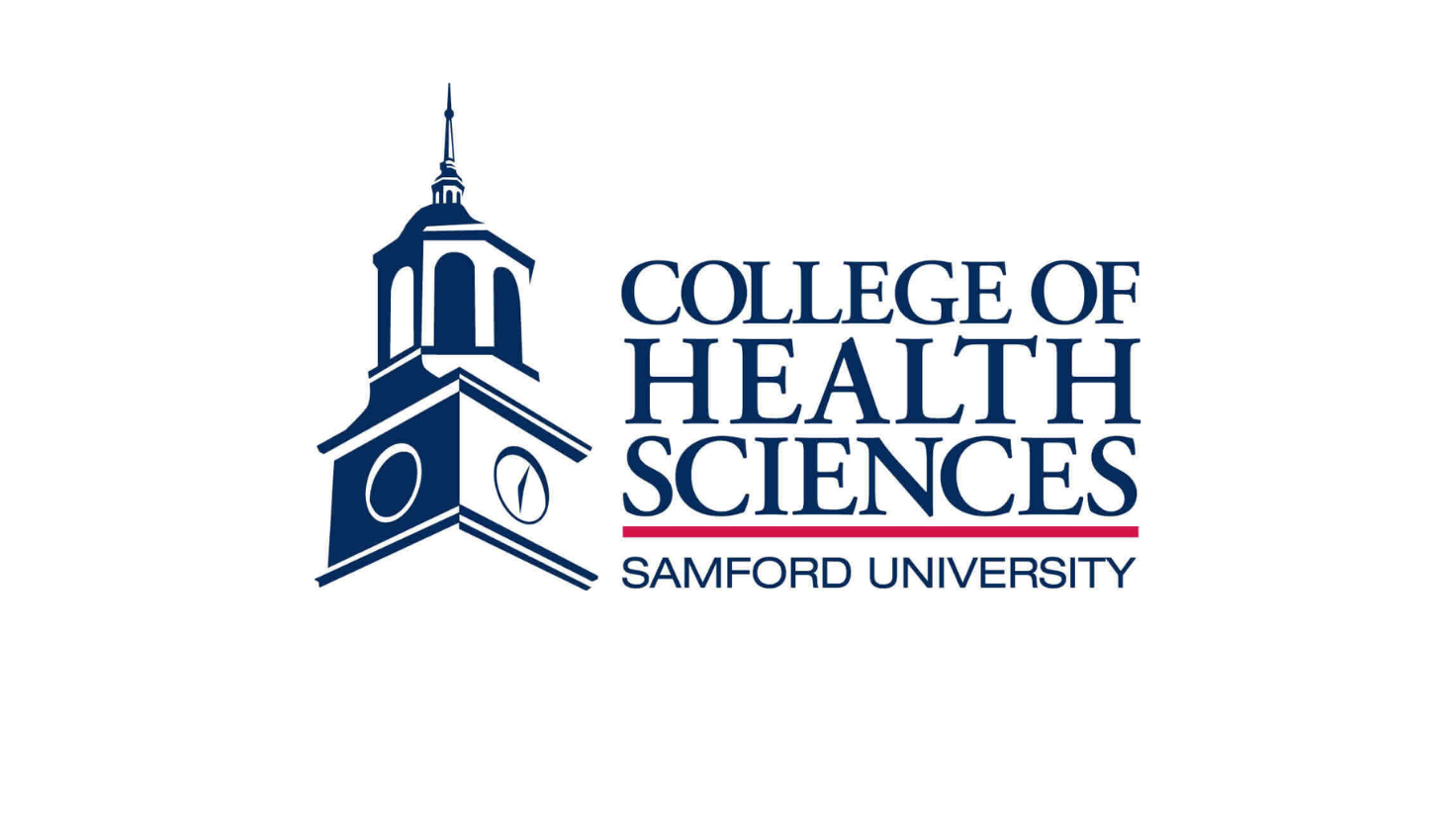
Samford University
Samford University College of Health Sciences
Samford’s College of Health Sciences is a community of independent schools working together to train students to become effective members of a collaborative practice team. Our interdisciplinary approach encourages students to examine today’s complex health issues from a variety of perspectives.
-

University of Alabama
University of Alabama - Manderson Graduate School of Business
At Manderson, we don't pretend that graduate business education is easy.
We know that it's hard, focused work.That's why in the Manderson community, we measure ourselves against the Manderson Standard, which challenges students to excellent, ethical performance throughout their time in graduate school. And our graduates emerge with the Manderson Advantage, ready to dominate the professional world.
-
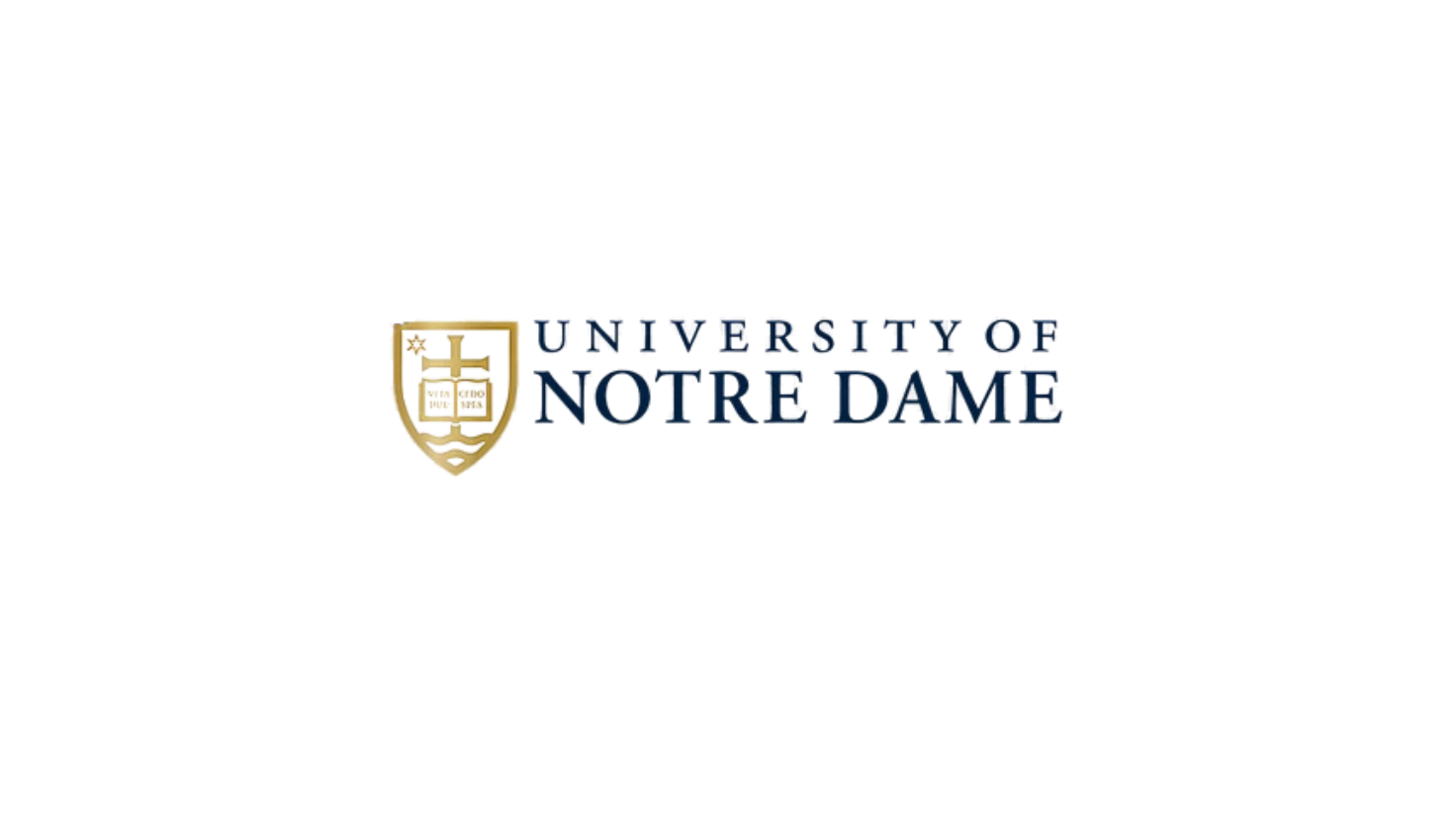
University of Notre Dame
The University of Notre Dame offers master's and doctoral degrees in the College of Arts and Letters, College of Engineering, College of Science, and the Keough School of Global Affairs, and doctoral degrees in the Mendoza College of Business. Most doctoral programs admit students primarily to the PhD program, although a master’s degree may be earned on the way to the PhD in some fields.
Advanced degrees in architecture, and law, and master's degrees in business are administered separately by the School of Architecture, Law School and Mendoza College of Business, respectively.
-

University of San Diego
Joan B. Kroc School of Peace Studies
Bold Social Change Starts Here
At the Kroc School we're ending cycles of violence and shaping more peaceful and just societies through innovative teaching, ideas and research.
-
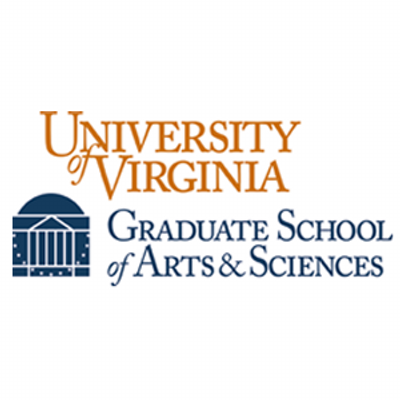
University of Virginia
Graduate School of Arts and Sciences
The Undergraduate Experience
Hit the Ground Running
Lay a strong foundation for your intellectual journey
Your honors college experience kicks off with The Engagements. This four-course series teaches the fundamental liberal arts and sciences skills you'll use throughout your college career.
Each seminar-style Engagements course is capped at 36 students—1/3 the size of a typical UVA first-year course. In The Engagements, you form strong bonds with your classmates and your instructors. In fact, one of your Engagements professors serves as your pre-major advisor, too.
-

NCPE
National Council for Preservation Education (NCPE)
What is Historic Preservation
Historic preservation, as defined by the National Park Service (NPS), is the practice of protecting and maintaining places, objects, or landscapes that hold historical, cultural, or architectural significance.
It involves a range of activities aimed at transmitting our understanding of the past to future generations. This includes celebrating positive aspects of history, acknowledging and learning from challenging moments, and ensuring these sites and artifacts remain accessible for education and enjoyment.
-

NCPE - Internship Program
National Council for Preservation Education - Internship Program
The National Council for Preservation Education’s Internship Program was founded in 1991 in partnership with the National Park Service (NPS). The first interns were hired in 1992 and worked at the NPS headquarters building in Washington, D.C., with Technical Preservation Services to research and write Preservation Briefs. Since that time, over 6000 college students and recent graduates have participated in the program, interning at National Parks and other NPS units, as well as with other federal agencies, including the Bureau of Land Management, the Forest Service, the General Services Administration, the Department of Defense, among others. Interns work in a variety of cultural resource protection and public lands management fields, from curatorial and collections to archeological surveys, from recording historic structures to eradicating invasive species, from tribal consultation to art conservation. The work is meaningful to the interns and essential to the mission of the agencies. The Internship Program fulfills NCPE’s mission to coordinate efforts related to preservation education with public and private organizations.